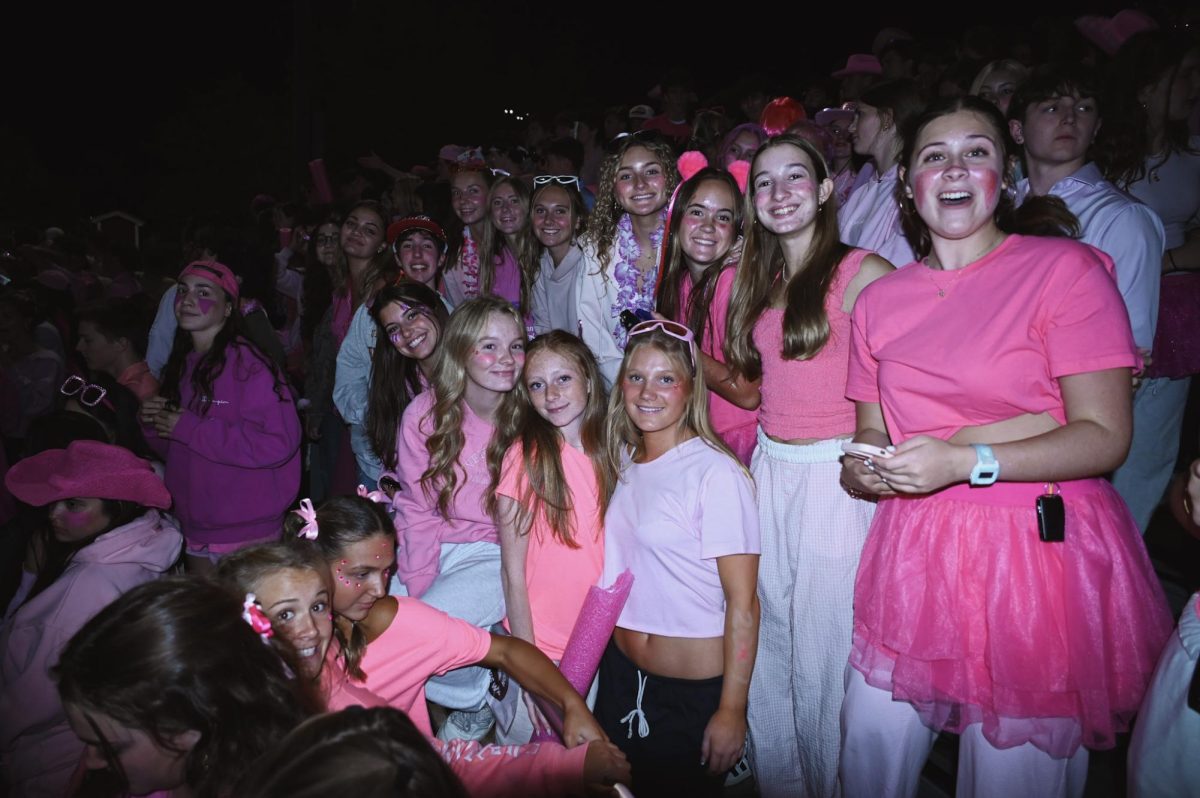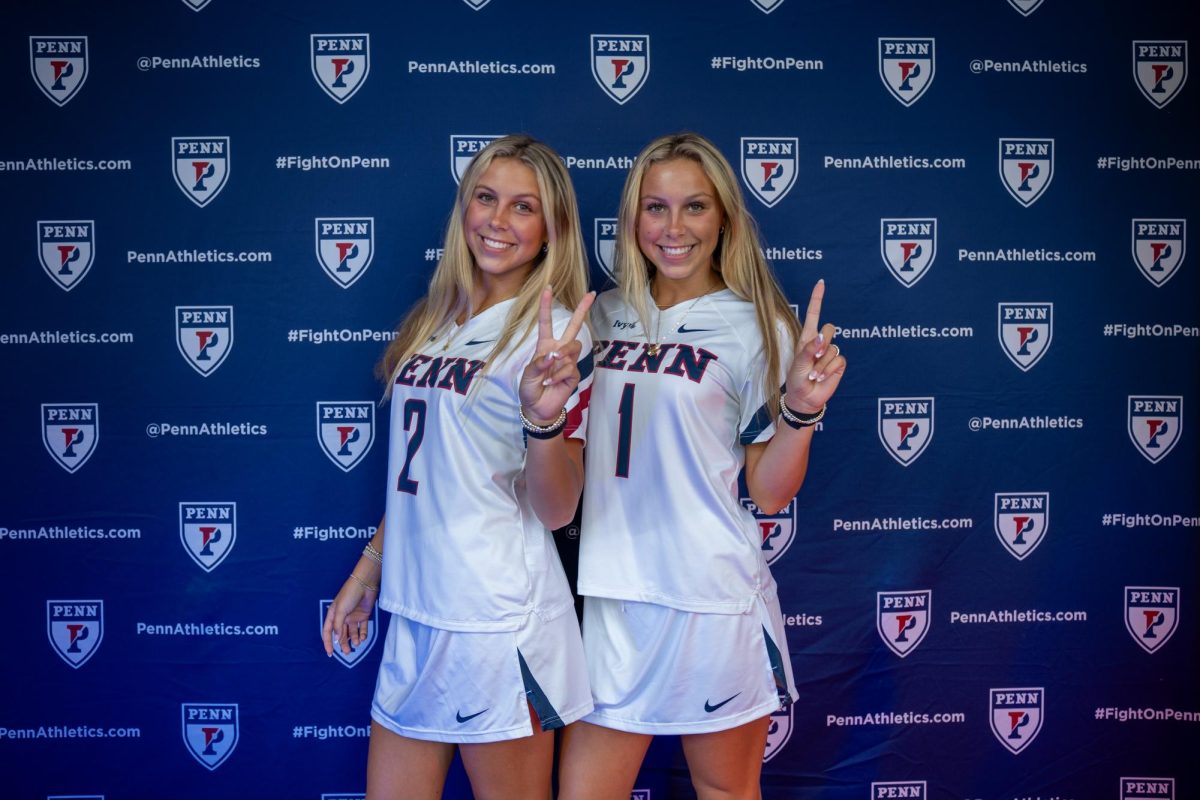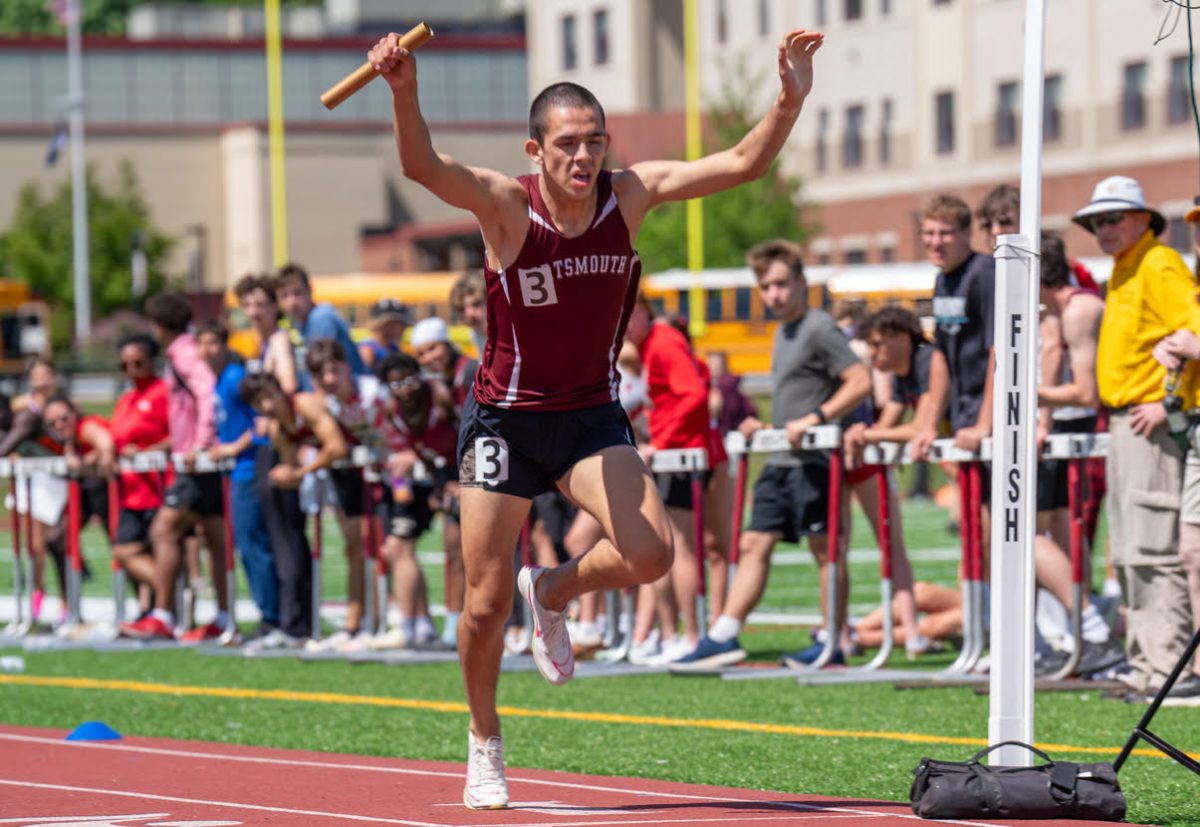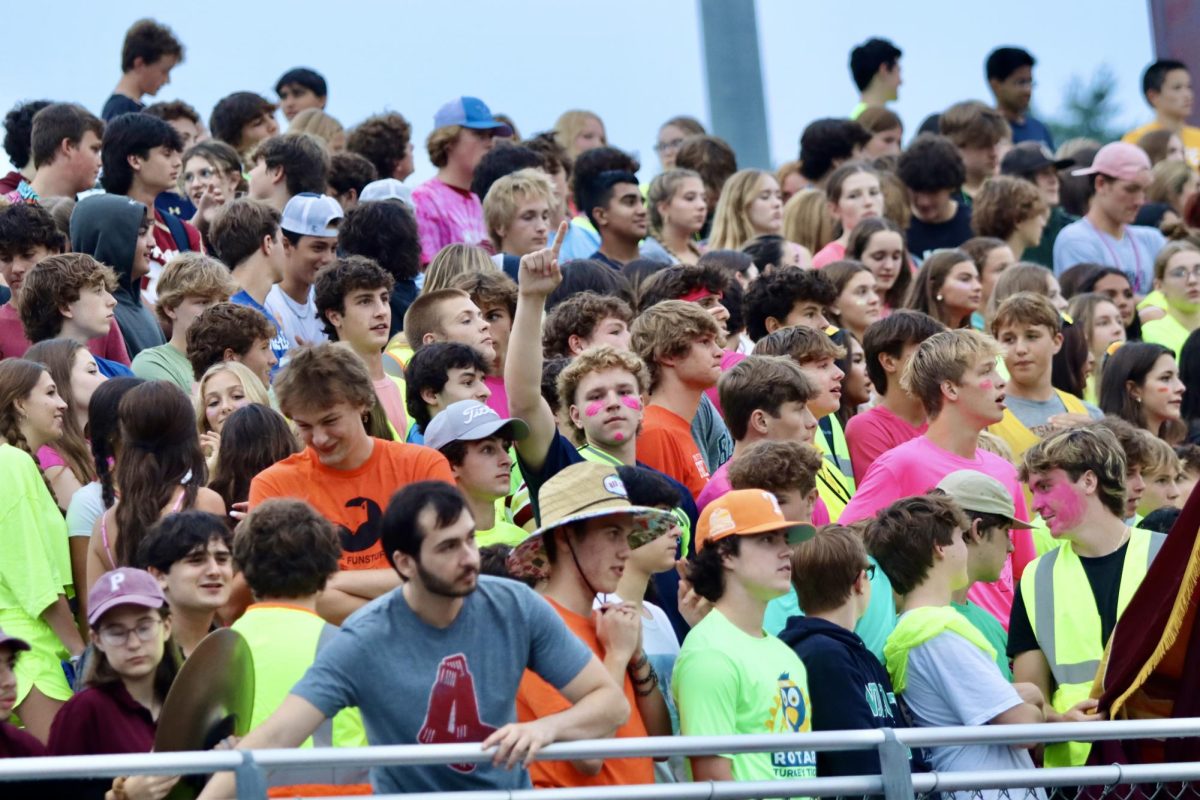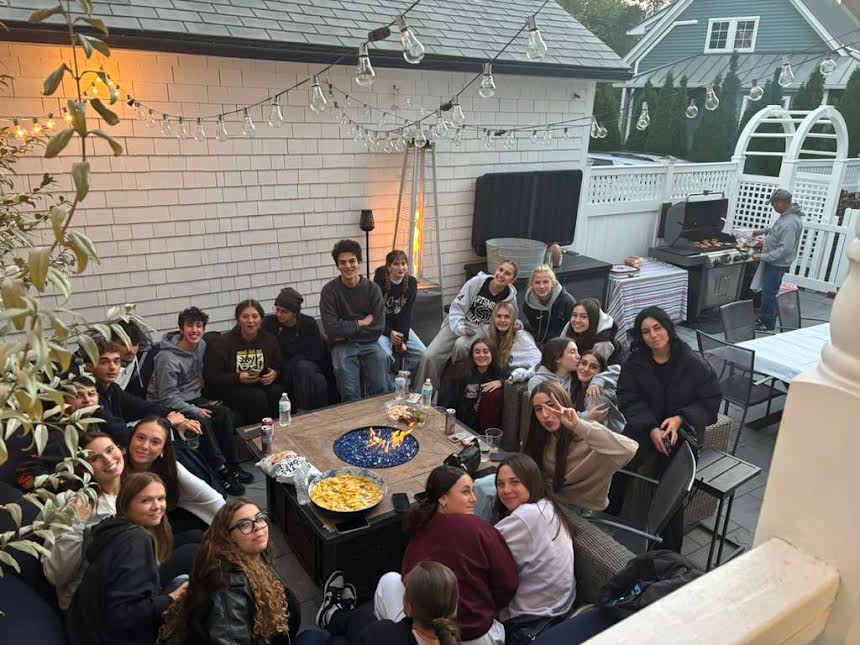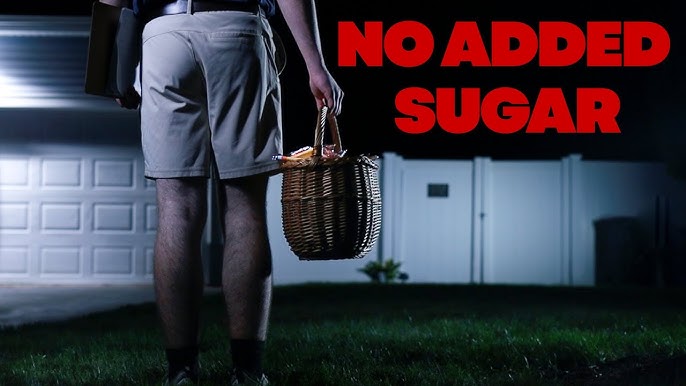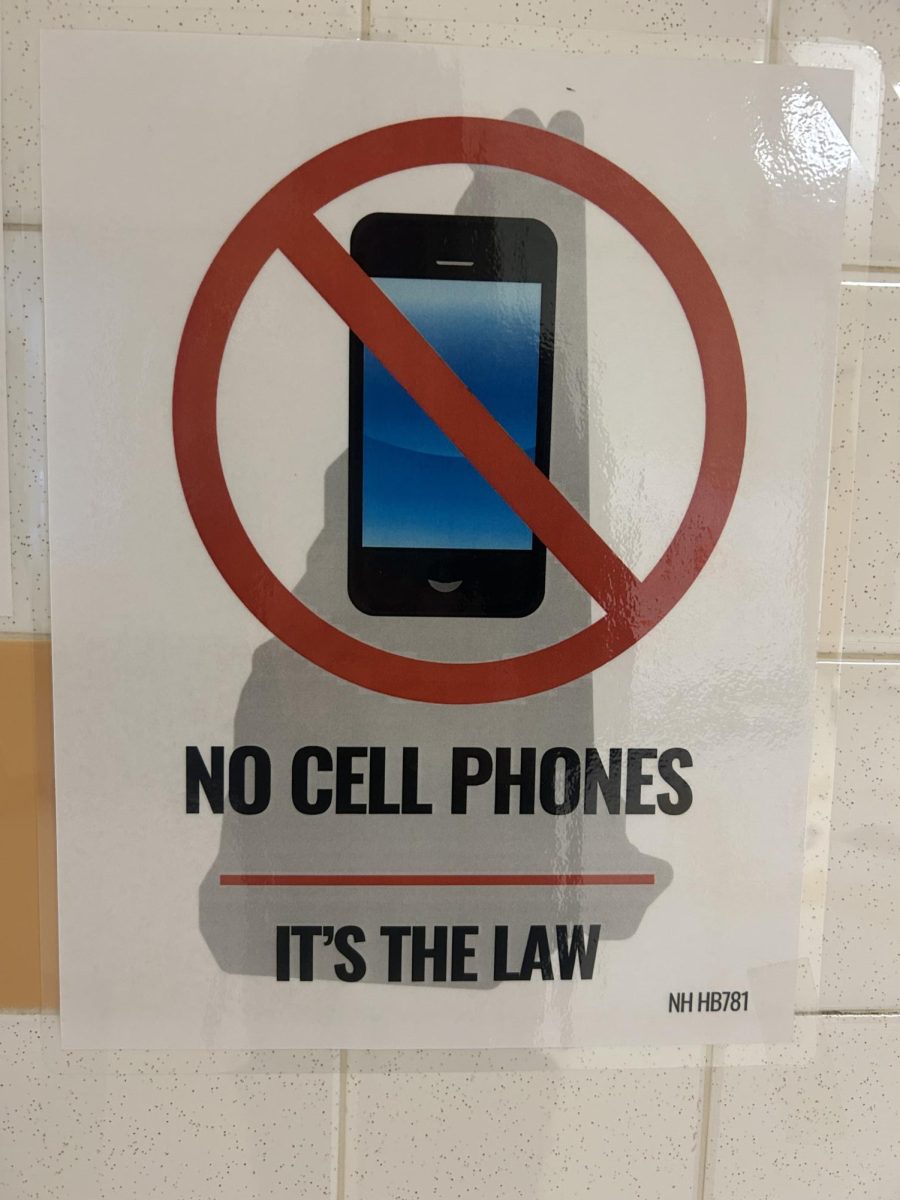At Portsmouth High School the pride of wearing the Clipper logo isn’t exclusive to the players; it involves the entire community.
“When you go to football games or basketball games, the community is there. It’s not just moms and dads and siblings,” notices Michael Lyford, a track and cross country coach at PHS for the past 18 years.
There is a sense of belonging that comes with being on the playing field and rooting for the players from the stands. According to Lyford, when sports teams at the high school are doing well, “school morale is up.” This isn’t just his personal opinion; there is research to back this up.
A National Federation of State High School Associations (NFHS) report from 2025 shows that students involved in high school activity programs exhibited positive trends. Some of these included higher test scores, improved behavioral patterns, better outcomes post-high school and more.
To be more specific on these positive results, the report includes data from a study done in collaboration with the North Carolina High School Athletic Association. Significant differences were found between high school athletes and non-athletes. GPA (2.98 for athletes vs. 2.17 for non-athletes), missed days of school per school year (6.3 for athletes vs. 11.9 for non-athletes) and dropout rate (0.6% for athletes vs. 10.32% for non-athletes) are some examples of these differences.
There is a sense of belonging whether students are players or watching the game. “You have a certain identity, even if you’re not on the team—you can still connect yourself to that team,” said Lyford, who also believes that high school sports differ from other types of sports at different levels.
Another report done by NFHS’s Dr. Karissa Niehoff, the chief executive officer of NFHS, shows “School spirit is perhaps the defining difference between interscholastic and other levels of sports.”
Tom Kozikowski, PHS’s athletic director for the past five years, said spirit and culture affect the connections between the athlete and fan on a student level positively. “I think that there are teams that kids will rally around because it’s their friends, it becomes an event,” claimed Kozikowski.
The question becomes: Are all these positive studies and comments being felt here at PHS? Do the players feel like they are even representing the Clippers logo, or do they feel like they carry the weight of more than just that?
Carolyn Milks, a PHS senior who is committed to Endicott College for soccer, certainly feels like she represents more than the high school when she is out on the pitch.
“When I step out onto the field wearing my Portsmouth uniform, I definitely feel like I’m representing not just my school but the whole town. Knowing that people are watching and rooting for us makes me want to give my best and honor what Portsmouth stands for,” said Milks.
It is evident that being a Clipper is a positive feeling that is felt by other classes at PHS, not just seniors. Finn McCauley, a sophomore basketball varsity player, and Theo Levine, a sophomore soccer player, expressed how proud and thankful they are to be Clippers.
“It’s cool to know I’m lucky enough to go to this school,” said Levine.
The positivity from school sports runs far deeper than the players’ connection to the community and fans. It also has an incredible impact on the coaches and important adults in the building.
Kozikowski said the most rewarding part of his job is not the state championships or awards. He admits those are great; however, he feels it’s more.
“When you see somebody out of high school, and you can have a conversation with them and have laughs with them. It makes me feel like I was a part of their life, and it hits your heart seeing them doing good,” said Kozikowski.
The impact of high school sports is more than most people might believe. The connection, the support, the pride and most importantly, the success of the school and the people within the school, is the true victory in sports, and not only the final score. Being a Clipper means being a part of something bigger; being a Clipper means being a part of a culture and community unlike any other.


